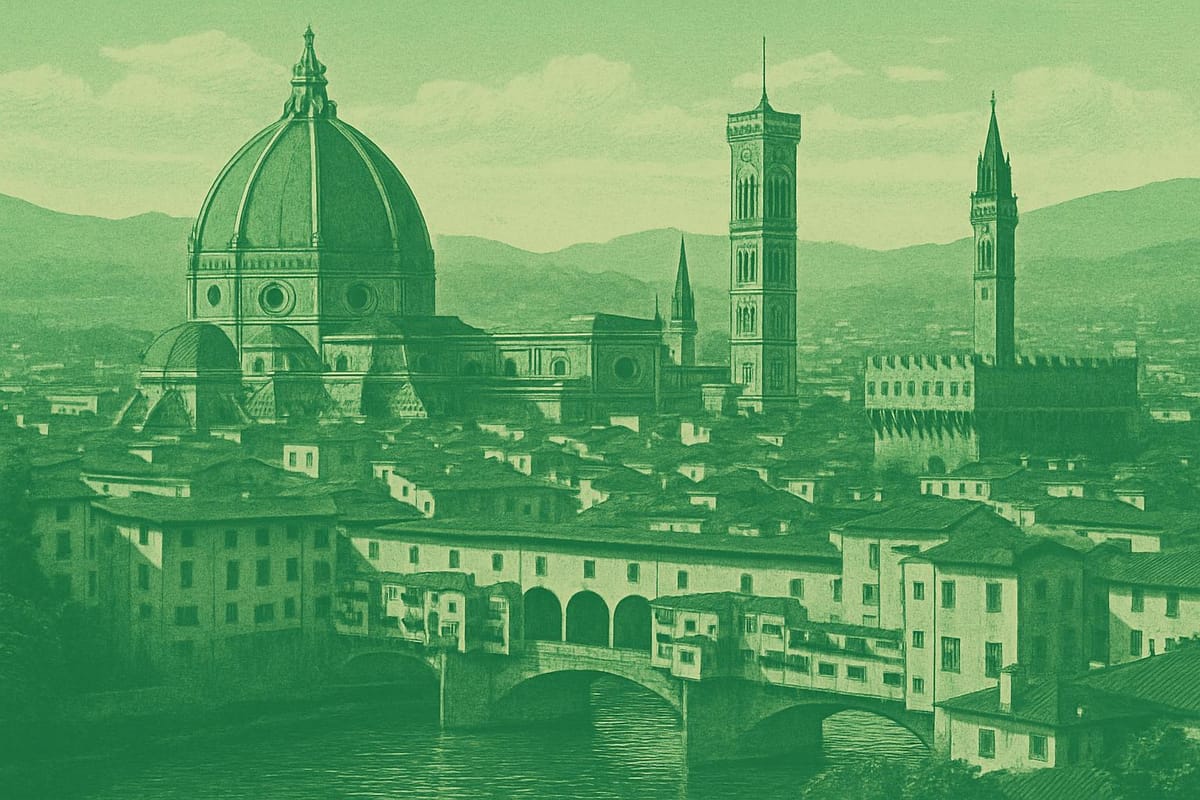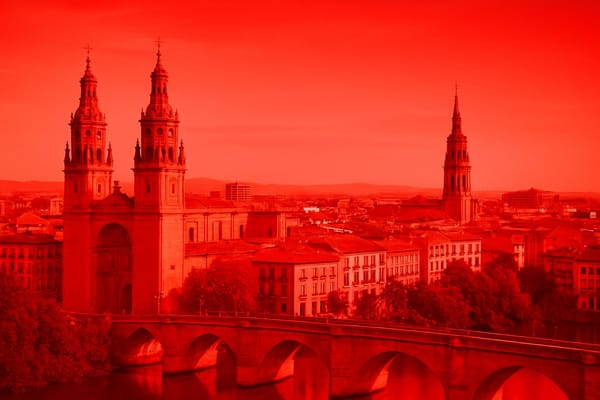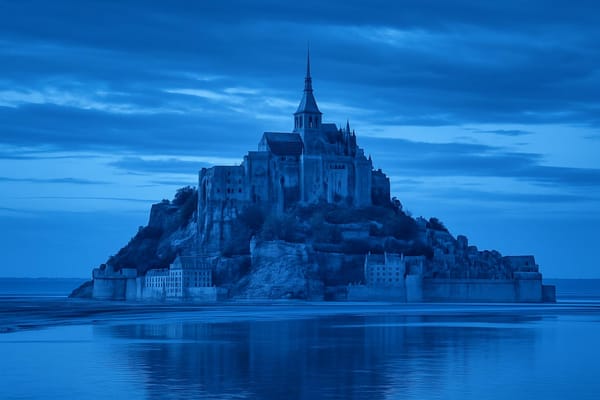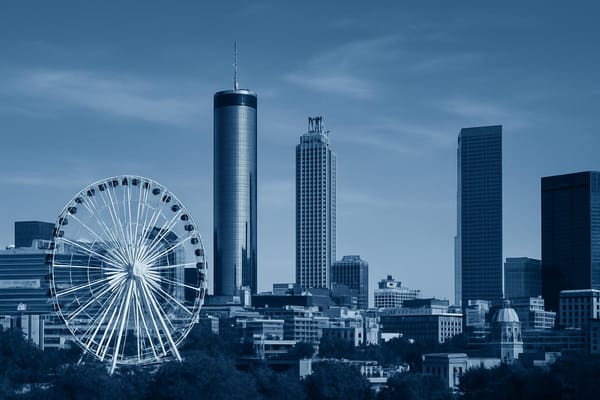Florence
Renaissance art, Duomo views, Uffizi treasures, Ponte Vecchio charm and Tuscan cuisine delights.

Important things to know about Florence
Florence, Italy unfolds as a compact, sun-warmed city where Renaissance heritage meets everyday modern life, a place whose streets and terracotta rooftops tell stories of centuries while small cafés hum with contemporary conversation; the historic center feels both intimate and grand, with narrow lanes opening into generous piazzas where locals linger over espresso, artisans in tucked-away workshops shape leather and metal with centuries-old techniques, and students and residents create a lively, layered rhythm that defines Florentine life. The city’s light-clear, golden, and flattering to stone and fabric alike-accentuates ornate facades and quiet courtyards, helping to preserve a strong sense of history and culture without freezing the place in time: modern fashion boutiques, independent theaters, seasonal markets, and a food scene rooted in Tuscan ingredients and convivial dining keep the urban fabric vibrant. Walkable and compact, Florence encourages wandering that reveals hidden bookshops, local bakeries, and slow-moving scooters alongside bicycles and pedestrians, fostering a social texture where neighbors meet at counters and evenings unfold with softer lamplight and the sound of conversation. For anyone interested in the lived experience of a storied city, Florence offers a rich mix of artistry, craftsmanship, culinary tradition, and everyday urban pleasures that together craft a memorable, authentic sense of place in the heart of Italy.
Sightseeing hot-spots in Florence
Florence, Italy unfolds like an open-air museum where every street leads to a masterpiece, and the skyline is dominated by the Duomo - Brunelleschi’s majestic dome crowning the Cathedral of Santa Maria del Fiore. Strolling through the Piazza del Duomo you encounter the ornate Baptistery and Giotto’s Campanile, reminders of Renaissance genius that define sightseeing in Florence. The compact historic center makes it easy to soak in architecture, from ornate palazzi to hidden chapels, so whether you’re hunting the best Florence attractions or simply admiring the terracotta roofs, the city rewards curious travelers at every turn.
Art lovers will find Florence irresistible: the Uffizi Gallery houses Botticelli’s luminous works while the Galleria dell’Accademia preserves the awe-inspiring Michelangelo’s David, both essential stops on any list of things to do in Florence. Nearby, the Piazza della Signoria and its open-air sculptures pulse with civic history, and the medieval Ponte Vecchio arches gracefully over the Arno, lined with jewelers and centuries of stories. Museums and monuments are complemented by opulent residences such as the Pitti Palace and serene escapes like the Boboli Gardens, offering varied experiences of Florence’s cultural wealth.
Beyond monuments, Florence charms with lively neighborhoods and artisanal traditions; in Oltrarno you can still find workshops where leather, jewelry, and paper are crafted by hand. For panoramic vistas, head to Piazzale Michelangelo at sunset to watch the city glow; for food, indulge in Tuscan flavors at local trattorie and vibrant markets. Whether you’re planning a short stay or an extended exploration, smart Florence sightseeing blends world-class art, iconic landmarks, and authentic local life into an unforgettable Italian journey.
Hotels to enjoy in Florence
Florence is a city where history and hospitality meet, and choosing among the many hotels in Florence can define your stay amid Renaissance masterpieces. Whether you search for Florence hotels steps from the Duomo and the Uffizi or a quieter boutique tucked into the centro storico, options range from restored palazzos to modern boutique addresses with rooftop terraces. Visitors prioritizing convenience often look for accommodation in Florence within walking distance of major sights like the Ponte Vecchio, while those seeking pampering favor luxury hotels offering spa services, Michelin-starred dining, and concierge-guided art tours. Even budget-conscious travelers can find charming budget hotels and guesthouses that provide clean, comfortable rooms and local staff who can recommend hidden trattorias and lesser-known galleries.
Good SEO-focused advice when selecting a property includes considering proximity to attractions, the style of lodging, and the amenities you value most. Many travelers choose hotels in Florence that highlight their historic character-exposed beams, frescoed ceilings and period furniture-so you feel immersed in the Renaissance atmosphere. Others prefer contemporary design, high-speed Wi-Fi, and easy transport links to explore Tuscany beyond the city. Regardless of preference, booking early for peak seasons and reading recent guest reviews will help secure the best stay. Whether your trip centers on art, food, fashion, or simply wandering cobblestone streets, the right Florence hotel will make the experience unforgettable.
Restaurants to try in Florence
Florence is a city where food and history meet, and the restaurants of Florence offer a delicious window into Florentine cuisine and Tuscan tradition. Strolling from the Duomo to the Arno, visitors encounter intimate trattoria, refined ristorante, modern bistros and family-run osterie that serve seasonal ingredients with simple, elegant preparation. Signature dishes like bistecca alla fiorentina, ribollita and pappa al pomodoro anchor menus that celebrate local olive oil, beans and crusty bread, while chefs reinterpret classics using contemporary techniques. For travelers searching for the best restaurants in Florence, the choice often comes down to atmosphere-whether dining under frescoed ceilings, at a canal-side table, or in a cozy courtyard-each setting heightens the pleasure of tasting true Tuscan flavors and regional wines.
Beyond traditional fare, Florence Italy’s dining scene embraces innovation and sustainability, with many restaurants highlighting farm-to-table produce, biodynamic wines and artisanal cheeses. Wine bars and enoteca pairings make it easy to explore Chianti and Brunello, while small kitchens offer refined seafood and vegetable-forward plates alongside hearty meat dishes. Don't miss casual delights such as authentic gelato and local pastries between meals, or a leisurely dinner that stretches late into the evening like a local. Whether you are planning Michelin-star experiences or intimate local favorites, the restaurants in Florence deliver a memorable culinary journey that reflects the city’s creative spirit, regional heritage and enduring passion for exceptional food.
Best shopping stops in Florence
Florence shopping is synonymous with timeless Florentine craftsmanship and fashion-forward choices, where centuries of tradition meet contemporary style. Stroll along Via de' Tornabuoni to find high-end designer boutiques and luxury brands housed in Renaissance palazzi, then cross the Arno to the glittering Ponte Vecchio lined with historic goldsmiths selling handcrafted jewelry. For lovers of leather, Florence remains unrivaled: small ateliers and family-run shops offer bespoke leather goods-from jackets to bags-made with the kind of care that defines Florence, Italy shopping. Whether you seek haute couture or a unique memento, the city's mix of iconic ateliers and modern showrooms ensures a memorable retail experience.
Beyond luxury, the authentic heartbeat of Florence shopping beats in bustling markets and the artisan quarter. The San Lorenzo Market and surrounding stalls brim with souvenirs, leather accessories, and local delicacies, while the Oltrarno neighborhood hosts tucked-away artisan workshops and vintage shops where you can watch craftsmen at work. Seek out antique stores and contemporary craftspeople for ceramics, paper goods, and custom-made shoes. Practical tips-look for VAT refund signs if you're a non-EU visitor, be prepared to bargain at markets, and explore early or late for cooler shopping hours-help you make the most of the city. Rich in history and variety, Florence delivers shopping highlights that blend heritage, creativity, and modern taste, making it an essential destination for shoppers in Italy.
Nightlife highlights in Florence
Florence nightlife comes alive when the sun sets over the Arno, and whether you're in the mood for a relaxed aperitivo or a high-energy night out, the city delivers. Stroll through the historic piazzas and you’ll find a mix of intimate wine bars, trendy craft cocktail lounges, and vibrant street-side cafés where locals gather. The Oltrarno district is particularly famous for its bohemian vibe, artisan workshops that turn into late-night hangouts, and lively live music venues that host jazz, rock, and independent acts. For those seeking panoramic views, rooftop bars offer a romantic perspective of domes and bridges while the city sparkles below.
As midnight approaches, Florence’s clubs and hidden speakeasies ramp up the energy, blending contemporary beats with Tuscan flair. Food-focused evenings are part of the scene too, with many restaurants serving small plates that pair perfectly with local wines and signature cocktails before the clubs open. Safety and accessibility make it easy for visitors to hop between spots, so planning a route that includes a mix of cocktails, live music, and local wine ensures a memorable night. Embrace the spontaneous charm of Florence nightlife and discover why the city’s after-dark offerings are celebrated by both tourists and locals.
Getting around in Florence
Florence's airport, officially Amerigo Vespucci (Peretola), sits conveniently close to the city center and is well served by frequent shuttle buses, taxis and the modern tram (T2) line that links the terminal to Firenze Santa Maria Novella, the main Florence train station, in roughly 20–25 minutes; although the airport itself has no rail station, this ground connection makes transfers fast and predictable for travelers heading into the historic center. From Firenze Santa Maria Novella you can catch a wide range of high-speed trains-including the major operators-offering rapid connections to Rome (about 1.5 hours), Milan (around 1.5–2 hours) and Bologna (35–40 minutes), while regional services connect Florence with Pisa, Lucca and the Tuscan countryside in roughly an hour or less. For visitors focused on smooth logistics, the combination of a compact airport, direct tram/shuttle options and a centrally positioned high-speed train station means Florence is one of Italy’s easiest cities to approach by air and rail; consider booking high-speed tickets in advance during peak season and allow extra time for luggage and local transit when planning tight itineraries.
Culture must-see's in Florence
Florence is the heartbeat of the Renaissance, where every street and square reads like an open-air museum. Walking from the Duomo with Brunelleschi’s dome to the frescoed chapels and ornate bell towers, visitors encounter centuries of Florentine art and architecture concentrated in a compact historic center. World-class museums such as the Uffizi Gallery and the Accademia showcase masterpieces by Botticelli, Leonardo, and Michelangelo's David, while the Palazzo Vecchio and its stately rooms reveal the political and artistic power of the Medici. The Arno River and the iconic Ponte Vecchio add romantic scenery to a city that continually blends monumental heritage with daily life, making museums in Florence not just places to visit but destinations that define the cultural identity of Italy. Photographers and history lovers alike return again and again for the layered experience of sculpture, painting, and urban design that define Florence sightseeing.
Beyond galleries, Florence’s cultural highlights extend into food, craft, and performance, offering a full palette of sensory experiences. Savory traditions like Tuscan cuisine and the famed Florentine steak sit alongside bustling markets, artisan leather workshops, and goldsmiths on the Ponte Vecchio, preserving skills passed down through generations. Neighborhoods such as Oltrarno thrive with independent studios, contemporary galleries, and live music venues, while seasonal festivals, opera performances, and cultural events reflect the city’s ongoing creative energy. For travelers seeking things to do in Florence, combining culinary tours, artisan shopping, and evening concerts with visits to historic sites provides a richer picture of local life. Embracing both renowned museums and everyday craftsmanship, Florence continues to be a living laboratory of art, history, and culture that rewards repeated exploration.
History of Florence
Florence has a layered and captivating past that begins long before it became synonymous with the Renaissance. Founded as a Roman settlement and later thriving under medieval guilds, Florence grew into a commercial and banking powerhouse in Tuscany, its fortunes closely tied to the ebb of the Arno River and the skill of its craftsmen. The city’s early history is marked by powerful communes, fortified walls, and the rise of influential families whose patronage shaped the urban landscape. As trade routes expanded and textile production boomed, guilds governed civic life and invested in public buildings and churches that still define the city’s skyline. This deep medieval legacy set the stage for the cultural transformation that would follow, as artistic experimentation and architectural innovation took hold in the narrow streets and bustling squares of Florence, Italy.
The subsequent centuries cemented Florence as the epicenter of artistic and intellectual renewal, largely through the patronage of the Medici family and the daring feats of architects like Brunelleschi. The completion of the Duomo dome revolutionized engineering, while painters and sculptors such as Michelangelo and Botticelli advanced techniques that changed Western art forever. Institutions like the Uffizi Gallery preserved masterpieces and made the city a magnet for scholars and travelers, and landmarks such as the Ponte Vecchio became symbols of continuity over turbulent political shifts. Later periods brought both challenges and preservation efforts, as Florence balanced modernization with a commitment to safeguarding its cultural heritage. Today the history of Florence is not only a chronicle of political power and artistic triumph but a living narrative that informs tourism, education, and conservation. Visitors and historians alike continue to explore archives, churches, and museums that tell the story of a city whose influence on art, architecture, and culture remains unmatched, making Florence a must-see destination for anyone interested in the enduring legacy of European history.



